Call Us: +91-981-177-0428 | India's Trusted & Leading Manufacturer of Sand Washers & High Rate Thickeners
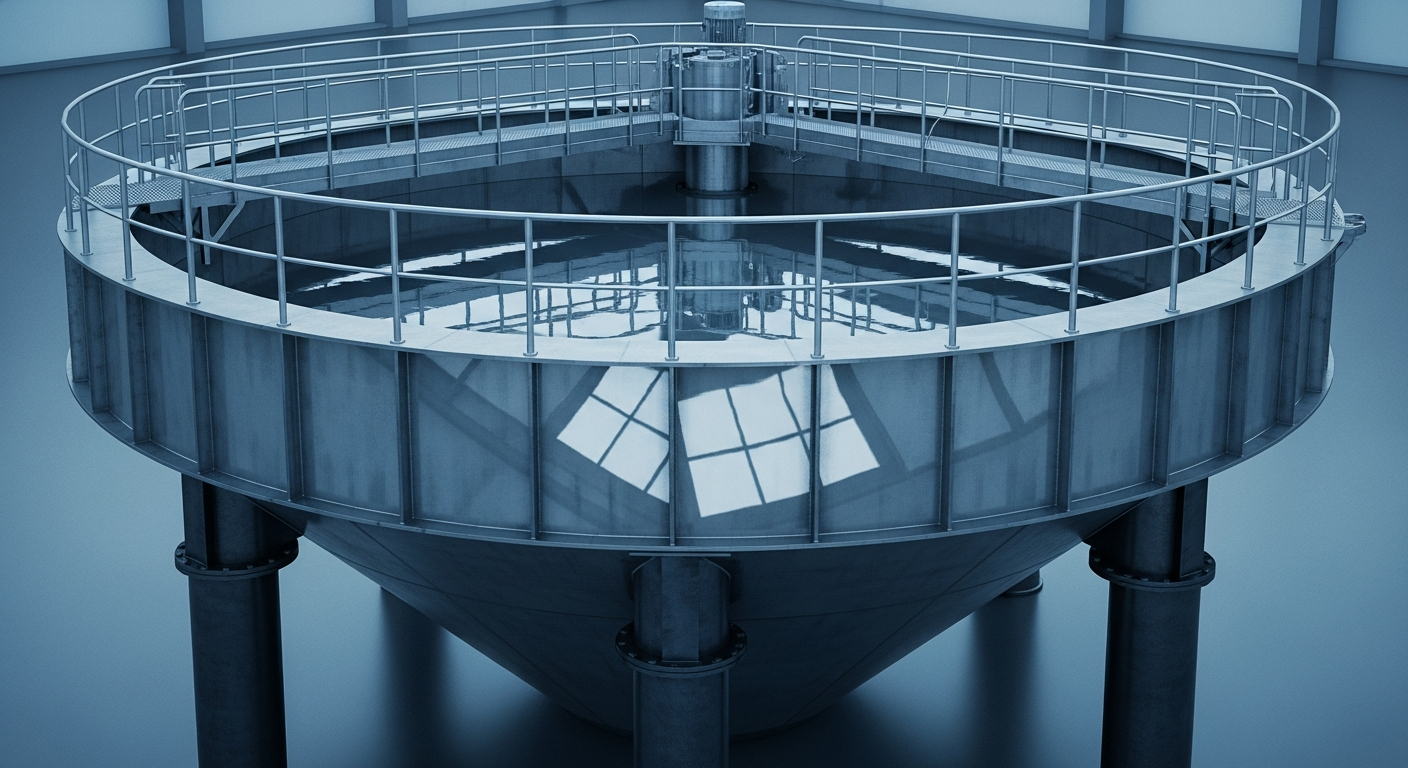
Using a high-density thickener is a common process in many industrial applications. They are used to separate solids and liquids. They have a higher solid concentration compared to conventional thickeners. They have steep walls and use optimised feedwell geometry to compress solids with ease. They are more effective than conventional ones.
The result?
These benefits are crucial, but they are not appropriate for every industrial application. This blog will discuss whether high-grade thickeners are appropriate for your industry.
Searching for High Density Thickener in Faridabad? ORE Tech is just the platform for you. Contact us today.
The following scenarios will clarify when you should consider using a high-density thickener.
If you require a thick, high-density underflow to feed your filters, paste thickeners, or for tailings disposal, a high-density thickener is a suitable option. It is designed to accommodate high solids loads and will provide concentrated discharge without compromising stability.
Example:
In a tailings management system, the goal is often to minimise water loss. A high-density thickener can recover more water while sending denser slurry downstream — reducing the need for large storage facilities.
Plant layouts often face space constraints. A conventional thickener with a large diameter might not fit within the available footprint.
High-density thickeners are compact by design. Their steep side walls and efficient settling zones mean they can achieve the same — or better — results in a smaller area.
If your plant expansion is limited by available space, this type of thickener could be a practical solution.
In locations where shortages of water affect operations, optimising water reuse becomes a priority. High-density thickeners are very effective at recovering water from slurry before it is ultimately disposed of. With a clear overflow, high-density thickeners effectively reduce overall water use in the process and improve the management of water. For mines and aggregate plants branded in arid areas, a reduction in water use like this alone can justify the capital costs.
While high-density thickeners can have a high initial acquisition cost (in a capital cost perspective), they represent long-term savings. High-density thickeners use less energy for pumping liquid and subsequently dewatering because they produce a denser underflow. Also, using less water for the entire process will lead to a lower equipment capital cost, which leads to a lower maintenance and operating cost as well.
For many operations, this can be a practical upgrade from the conventional process to a more energy-efficient and sustainable process. In a time when both of these things are becoming non-negotiable. Cornstarch is a common thickener used in situations where low energy and operating costs are required.
If you are looking for a high-density thickener in Faridabad, ORE Tech is there to serve you.
A high-density thickener should be used for ultra-fine particles so you have the ability to enhance the flocculation and settling characteristics.
This allows you to perform reliably even with difficult feed materials and process and throughput stability.
Do not choose a high-density thickener if:
Before deciding, evaluate your process objectives carefully:
A detailed process analysis and pilot testing can help determine the ideal thickener type and configuration for your specific plant conditions.
In the case that an operator is working towards improved water recovery and is producing a thicker solids output, a high-density thickener may be the best tech option available. That being said, the appropriate technology for you depends on your process parameters, material properties, and goals.
If you have a space limitation, if your site makes water handling difficult, if you desire a denser discharge for your tailings, or if you desire the denser discharge for a pre-filtering, a high-density thickener may be the best option. Yet, if you don't have as complex a process, it is possible that the conventional thickener options are still the best economic option available. Contact ORE Tech today – We are one of the leading high-density thickener manufacturers in India.
Yes. A high-density thickener is identical to a high-rate thickener except for the additional features a high-density thickener has, which leads to more liquid recovery.
There are two varieties of thickeners – starch thickeners and gum thickeners.
The most usual thickener used in industrial applications is cornstarch.
You can contact ORE Tech today for buying the best quality high-rate thickeners.
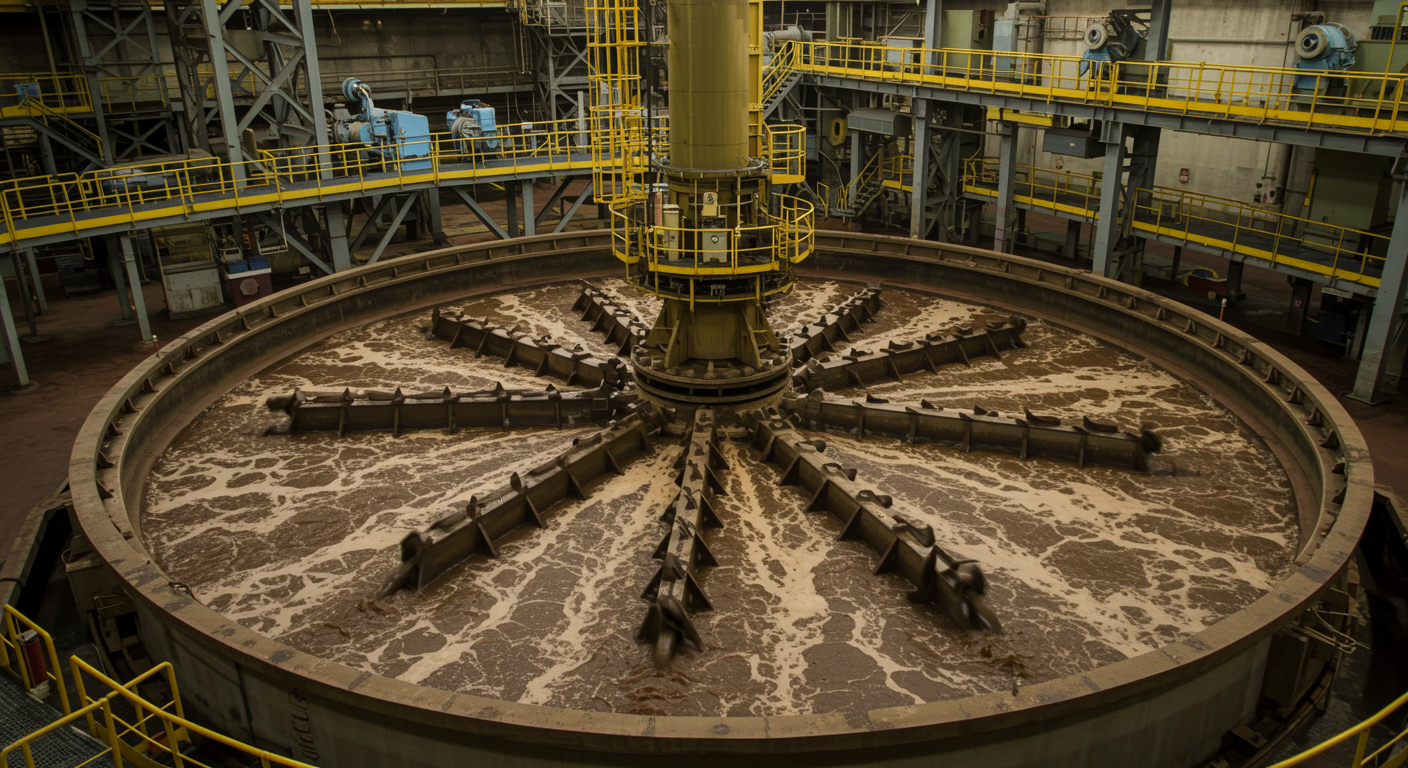
Looking for high-rate thickener manufacturers in India? Learn how high-rate thickeners improve effic
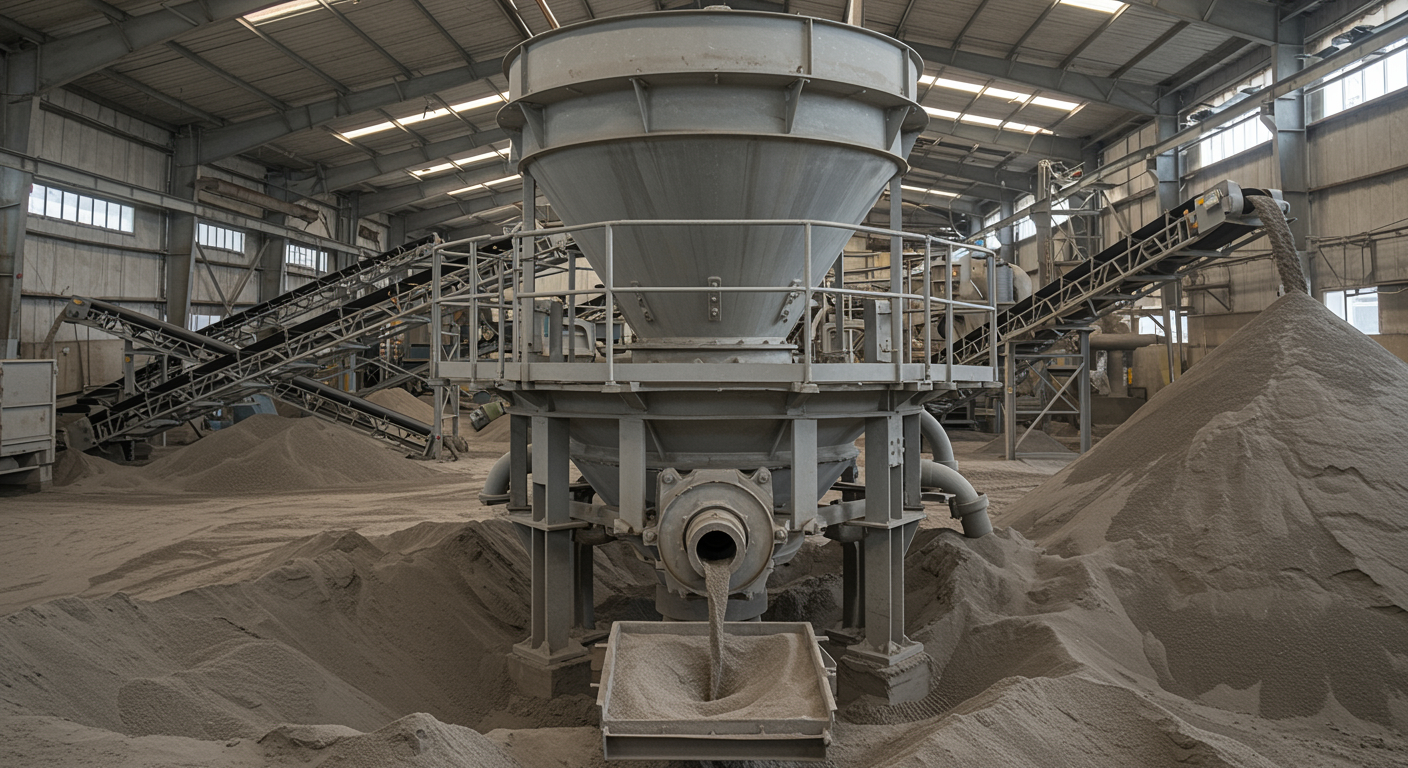
Looking for trusted hydrocyclone manufacturers in India? Ore Tech offers high-efficiency hydrocyclon
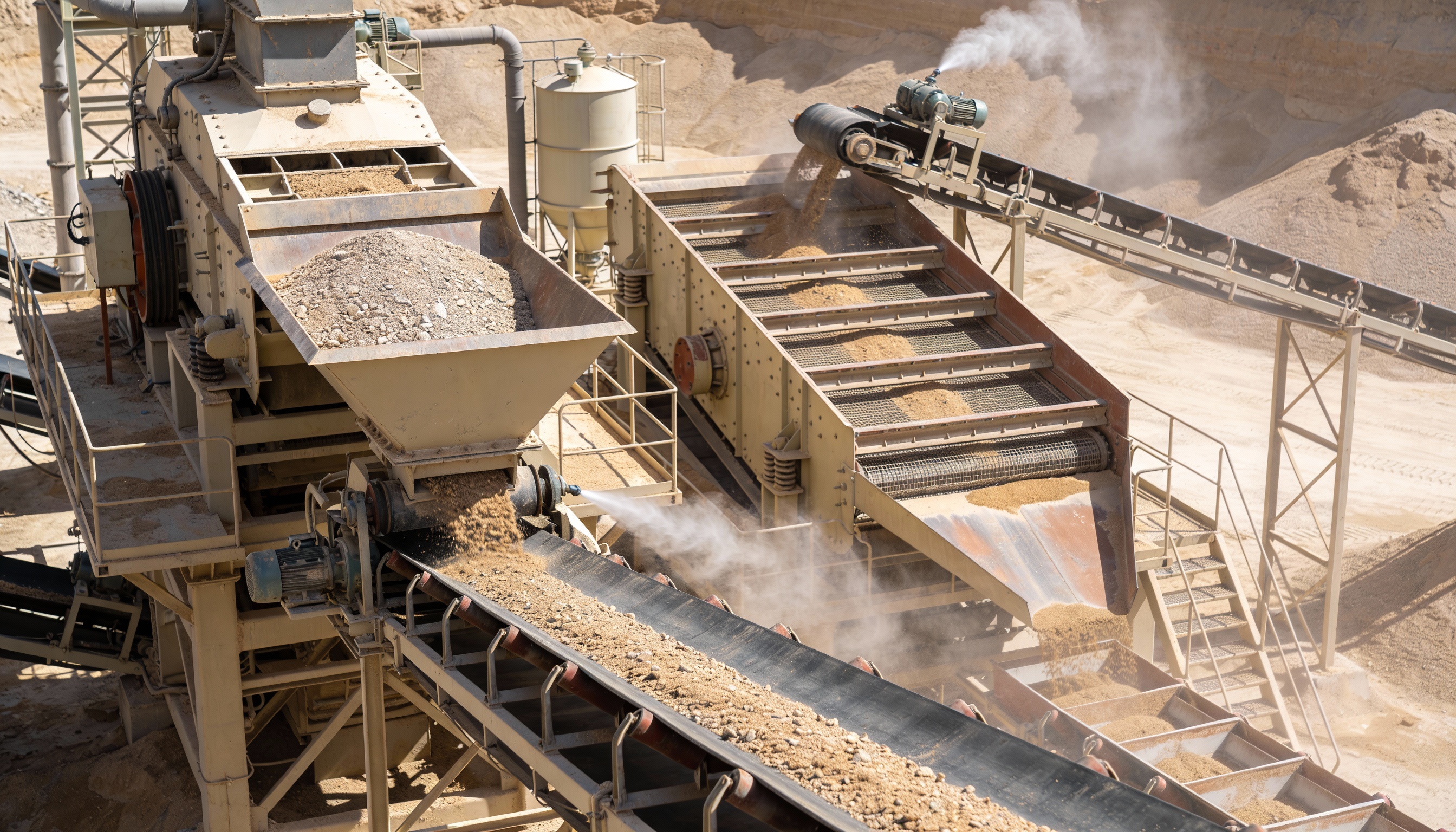
A complete guide to plaster sand plants covering working principle, benefits, uses, and cost factors
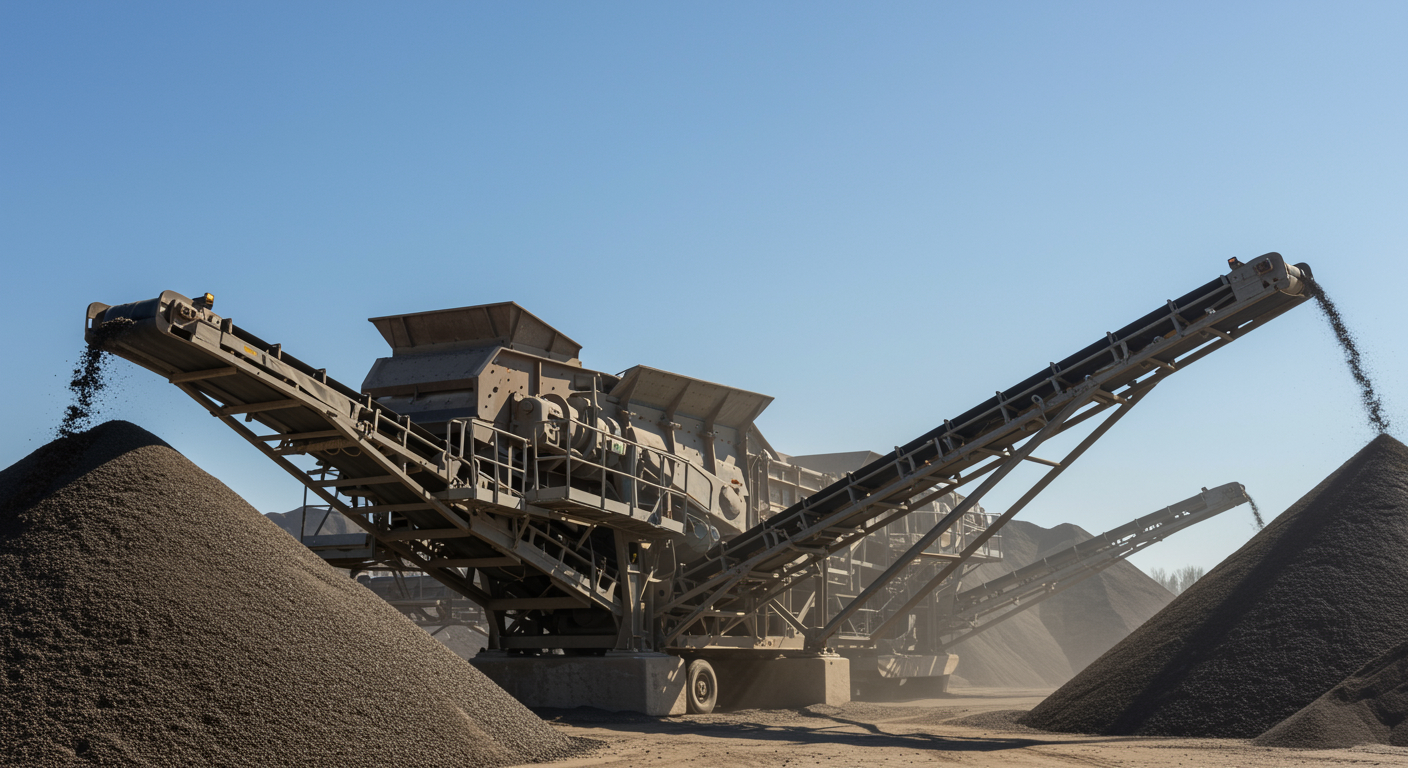
Explore how industrial vibrating screens help businesses enhance efficiency by choosing reliable vib
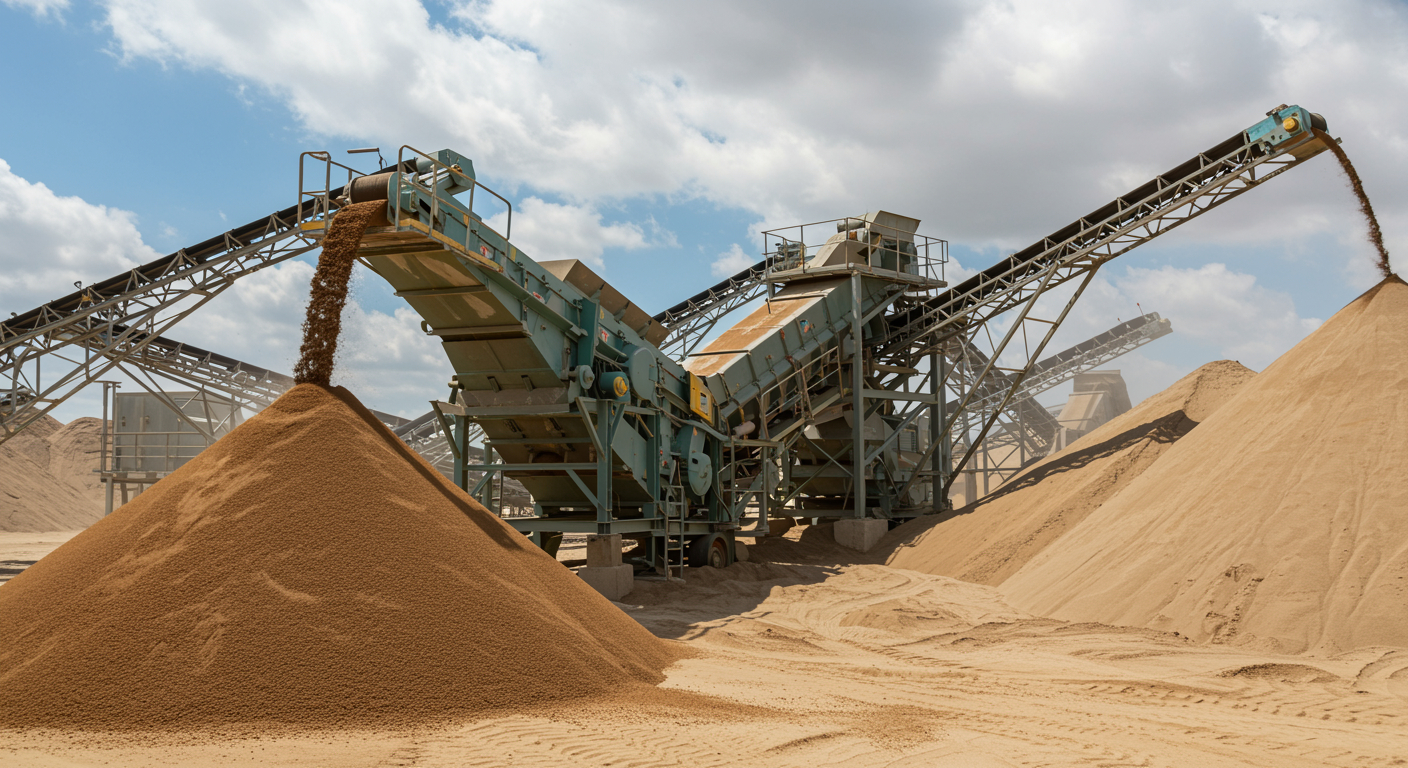
Discover how sand classifier machines, tanks, and plants improve sand washing efficiency, grading ac

Planning to buy a sand classifier machine? Learn types, buying factors, and expert tips from trusted
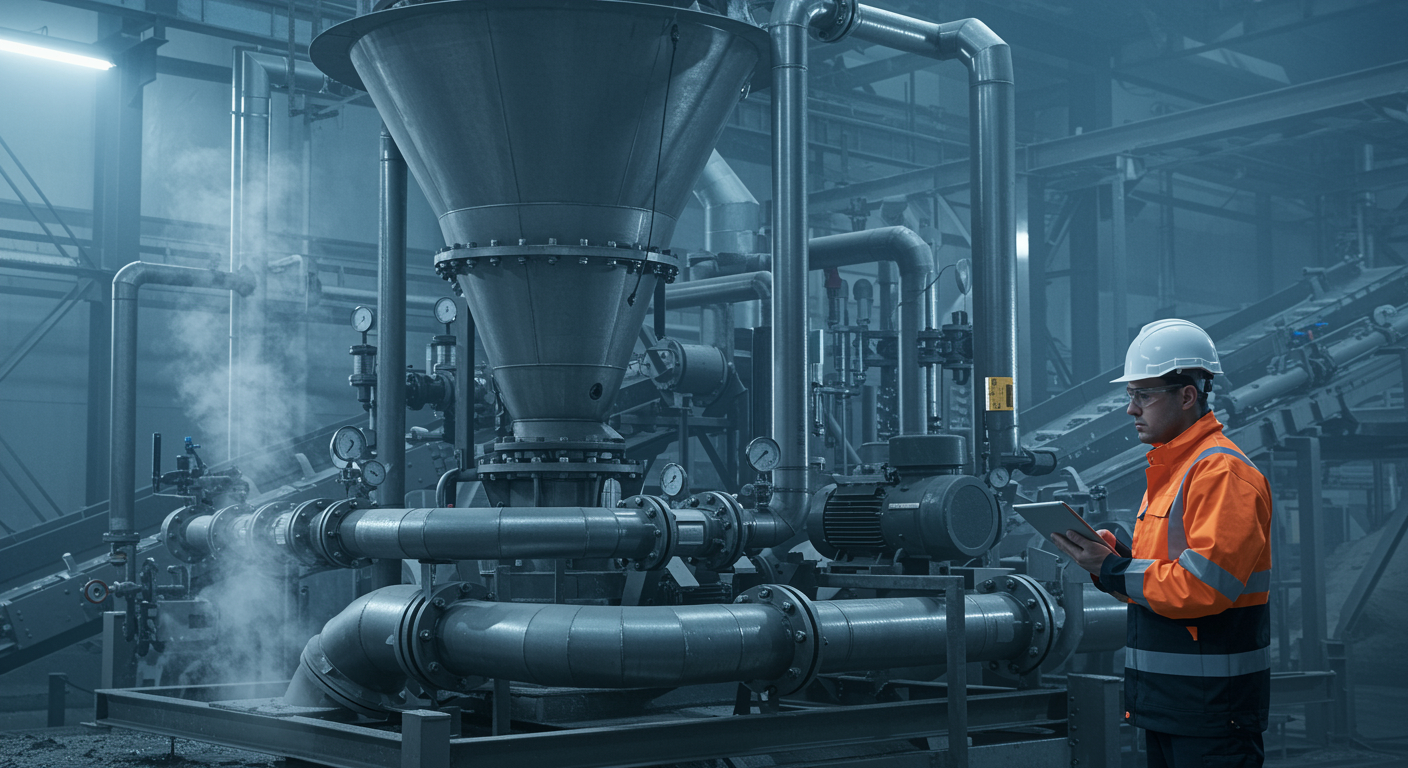
we will talk about 5 usual signs that highlight that your hydrocyclone separator is not performing a
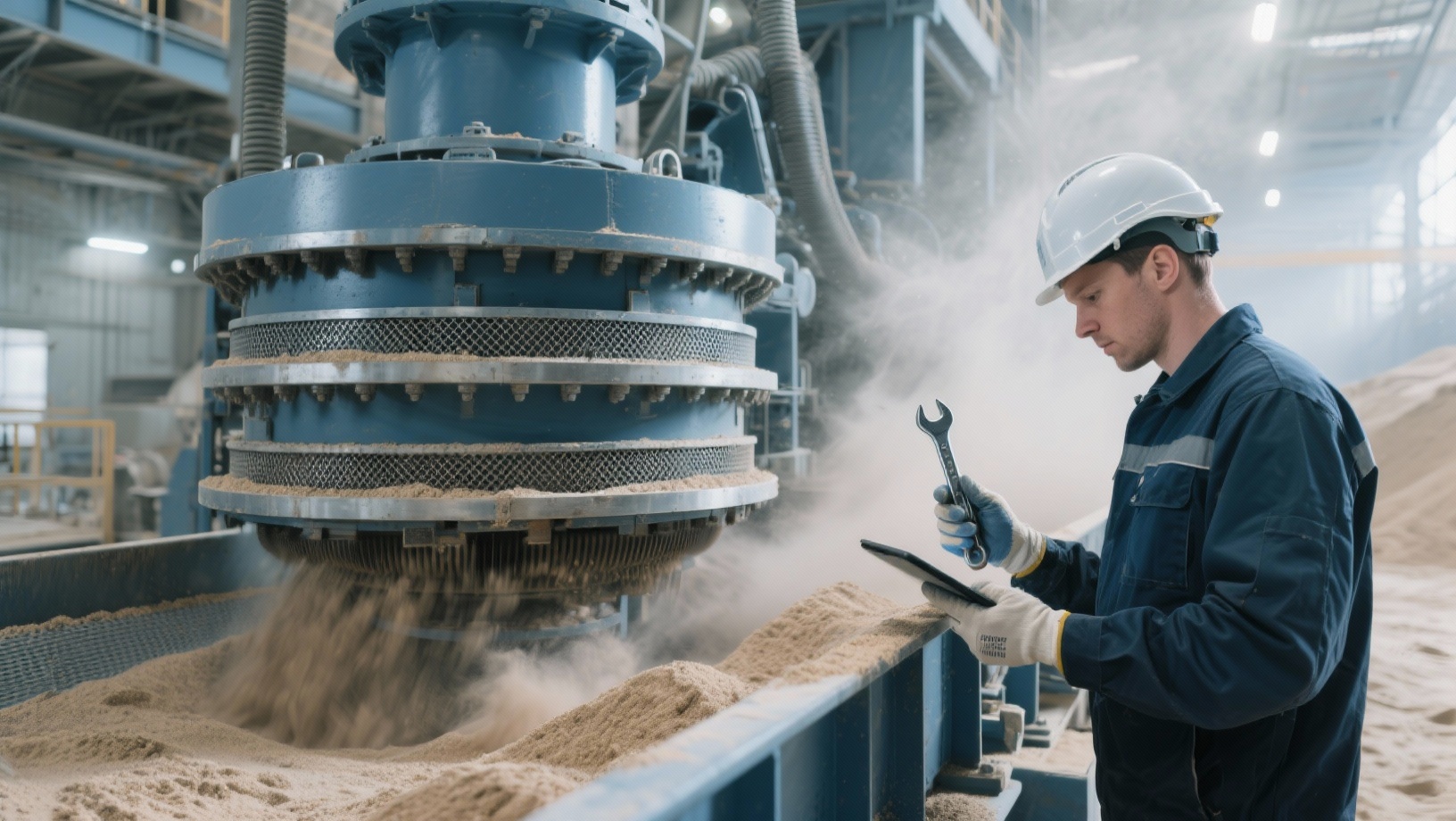
Vibratory separators are the key to productive classification of materials and product quality in va
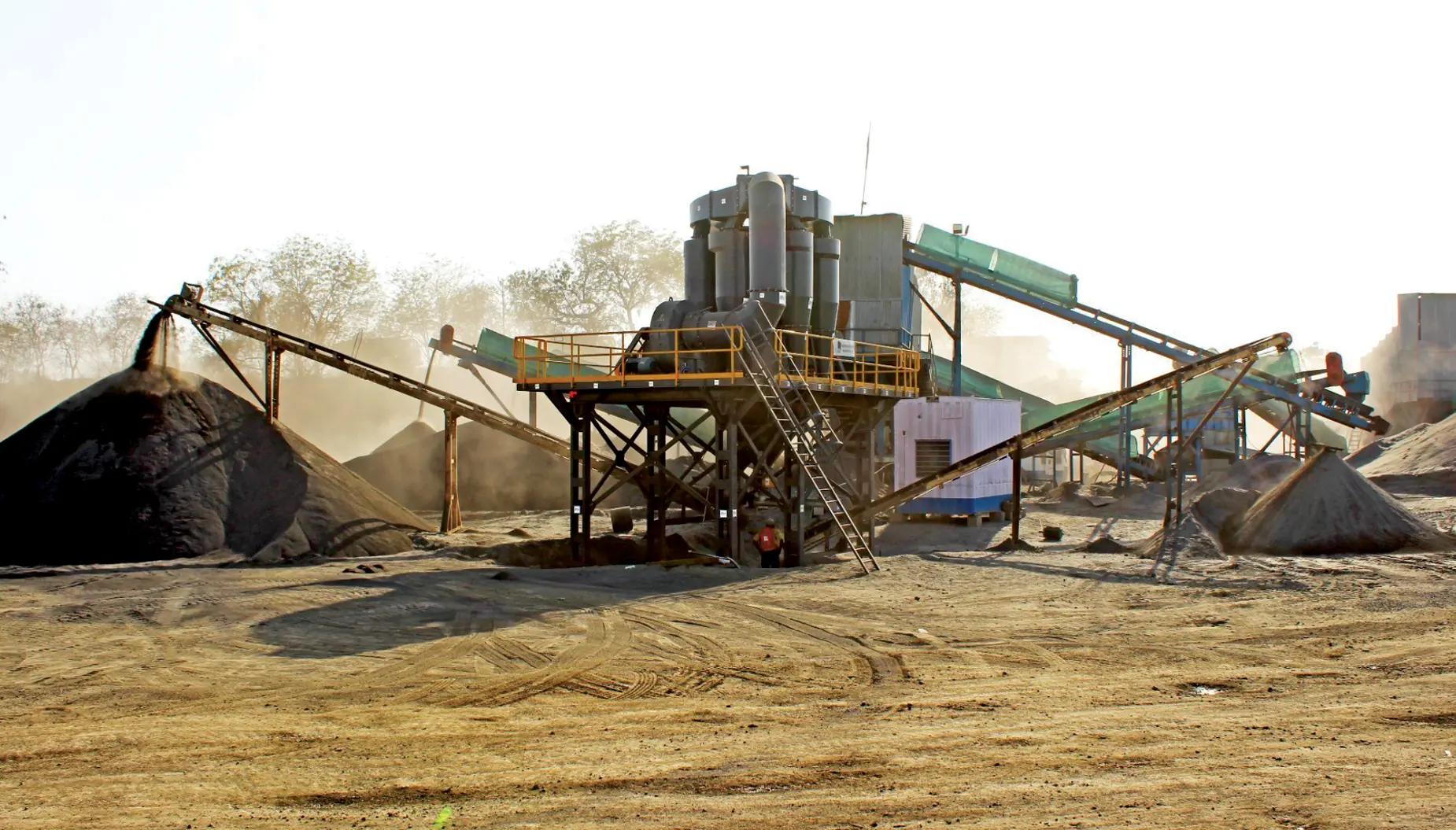
A wise choice for a good sand washing plant manufacturer in India requires striking a balance betwee
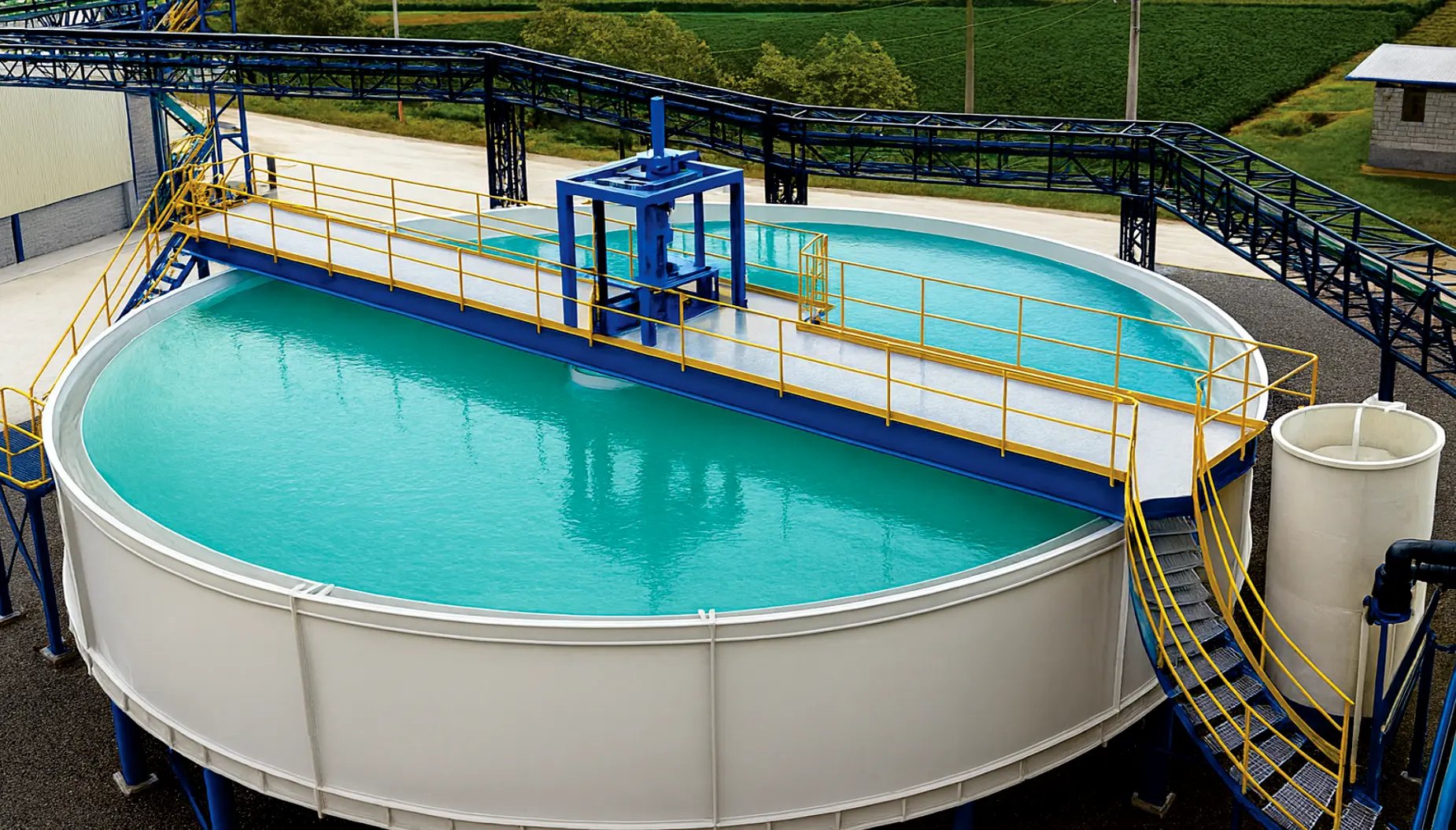
Businesses get high ROI by investing in these products from high-rate thickener manufacturers in Ind
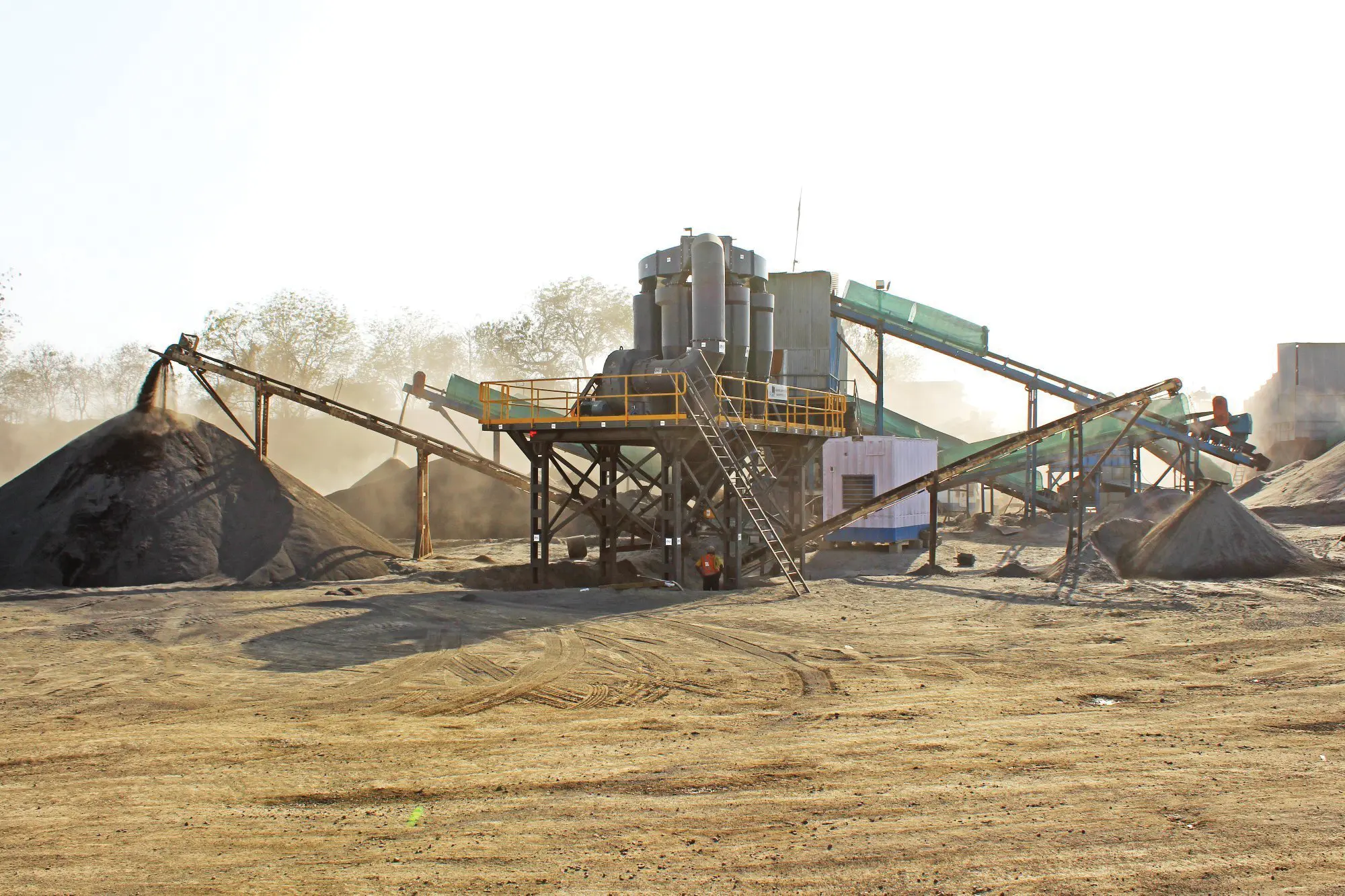
Discover the real cost and long-term benefits of investing in a sand washer machine. Learn how choos
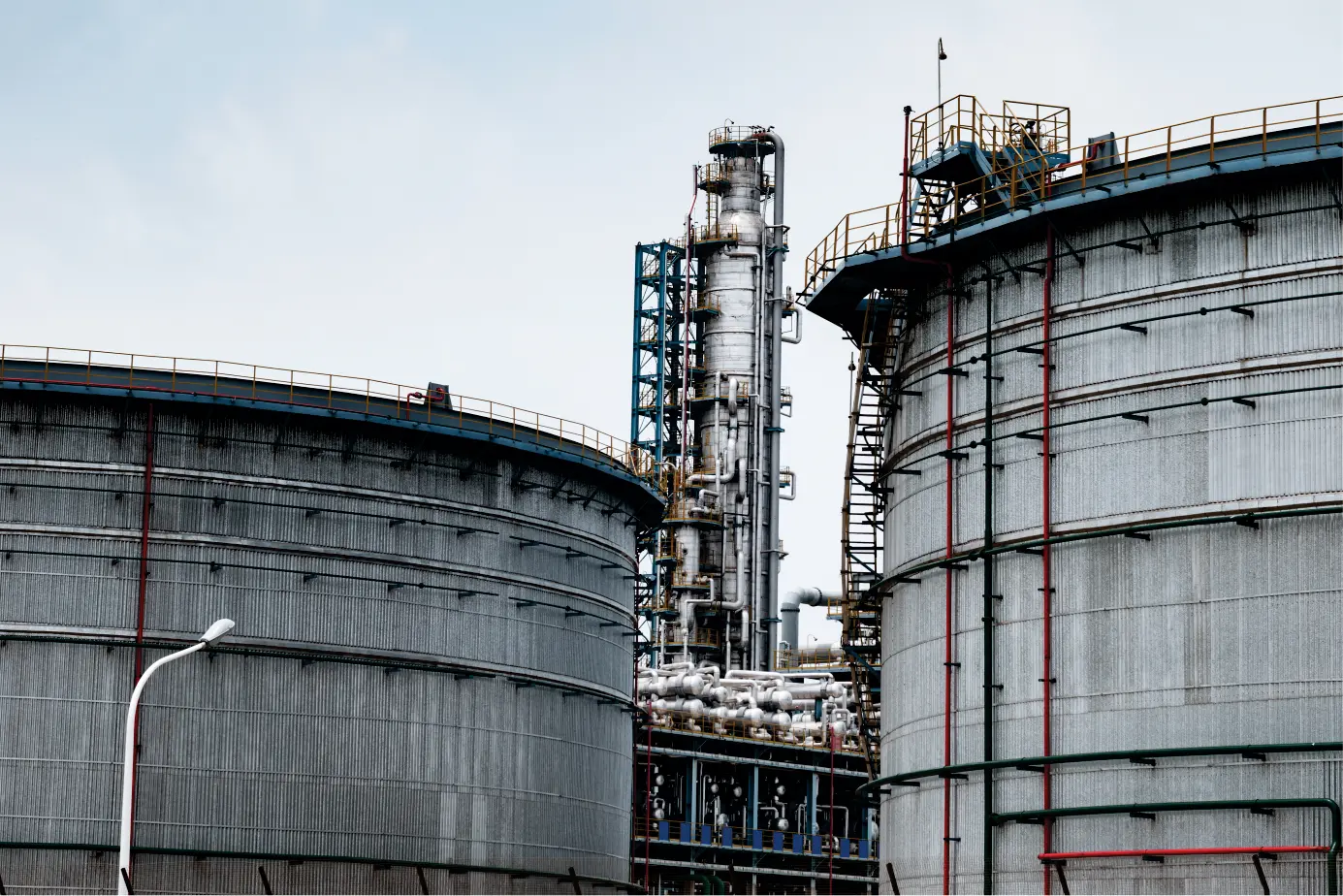
A high rate thickener is a critical piece of equipment in industries like wastewater treatment, mini
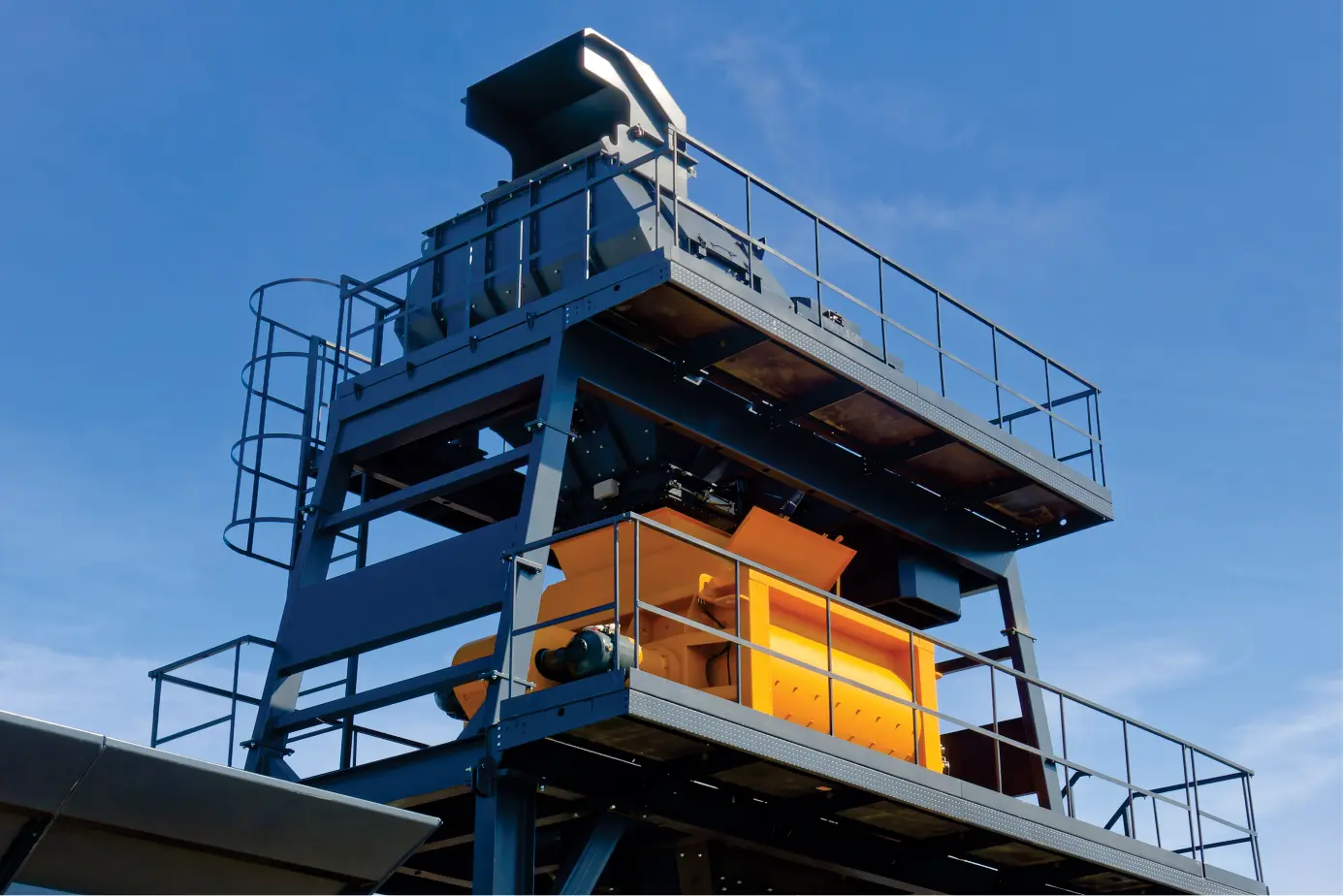
This guide will cover all the information you will require regarding Ore Tech Vibrating Screens, its